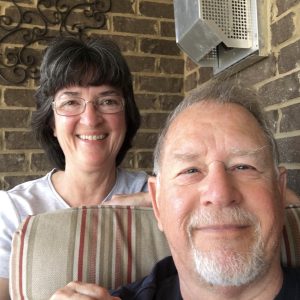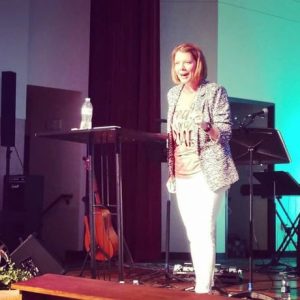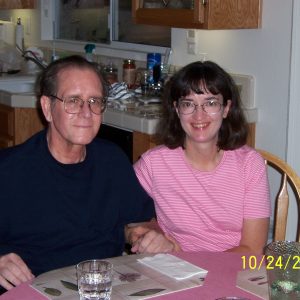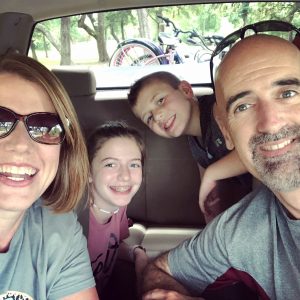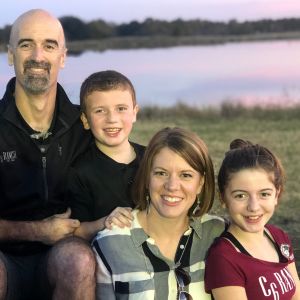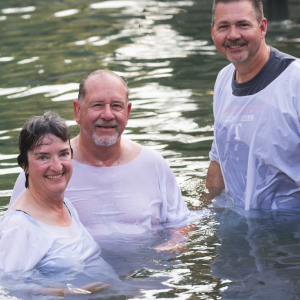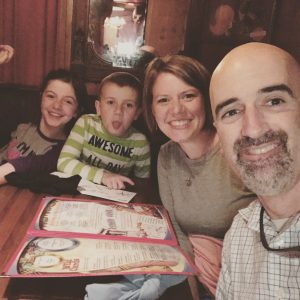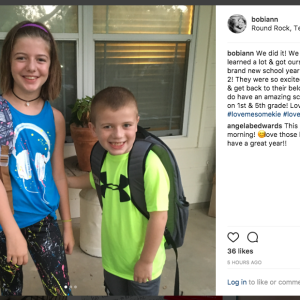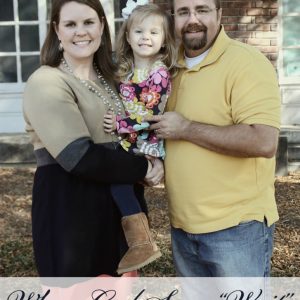Most of us have the idea of warm fuzzies in our mind when it comes to thinking about community. I see myself with a group sitting around a campfire singing. The world seems right. And most of us think community is this harmonious picture where every one gets along. We agree on everything and no one complains.
I hate to burst your bubble but as pleasant and warm as your vision of community is, community is actually more about loving the people you would rather ignore. It is including people the church doesn’t (seem to) need or even the disgruntled folks you secretly think the church would be better without.
Christian community is gritty and messy! When people who have nothing in common talk and work alongside each other until some of their sharp edges are rounded off, something beautiful takes place. Check out Acts 16, the beginning of the Church of Philippi was started with a fashionista, former demon-possessed slave girl and a jailer. Talk about gritty. However, the discipline of community gives the Holy Spirit room to work in hearts. It joins unlikely parts and makes them into a whole.
Just as a body, though one, has many parts, but all its many parts form one body, so it is with Christ. 1 Corinthians 12:12 (NIV)
I get a little fired up about the discipline of community. I love the Body of Christ. I love the church. Funny, because I’ve seen the ugly. I’ve experienced the criticism and the felt the pain. Even if you have a hard time getting past some of the grit of community, I believe you can come to love the Church and celebrate the differences. We have to approach community with a clear understanding of what God really has planned for the Church.
1. Understand every believer is a member with a function that has already been predetermined. God did not create any person, you or that gossipy woman and ask the question, “Hmmm, well, I’ve got this one made, now what am I going to do with her?” No, God has a plan and He created each person with that plan in mind. Each member of the body has a function to carry out. Yes, even the gossipy woman, the quirky teenager, even the awkwardly affectionate older gentleman. God knows that none of us are perfect. He wired each of us different. With those difference comes strengths and weaknesses. When we come to understand that every believer is at a unique stage of sanctification (becoming more like Jesus), we see that it is a process.
2. Understand if we all had the same function we would be dysfunctional! Scripture paints a great picture of this in 1 Corinthians 12:17-19
If the whole body were an eye, where would the sense of hearing be? If the whole body were an ear, where would the sense of smell be? But in fact God has placed the parts in the body, every one of them, just as he wanted them to be. If they were all one part, where would the body be?
That picture cracks me up. I can just envision big ears walking around, driving cars, cooking breakfast! It is an outrageous picture. We would never actually want to all literally look like each other but our culture, even within the church, tells us to look, behave and even feel a certain way. We lift up those with particular gifts and talents. We roll our eyes when someone raises their children differently or goes on and on about something they are passionate about that we don’t understand. The church is intended to be a safe place to be who God created you to be within in the confines of grace. That doesn’t mean we get to continue in a life of sin; it means we should be safe to grow in grace.
3. Every member of the community is needed. That means you are a vital part of the the body. That means that the woman with chronic illness or the man suffering from depression is necessary. Sometimes, we make an assumption because of our personality, our schedules, even our past that we (or the person that causes us to roll our eyes) aren’t of use to God and the Church. We look at others that are gifted at teaching or singing, their spouse comes to church with them or they have well-behaved children and we convince ourselves that they are the ones God intends to use, not us or that individual that rubs us the wrong way.
So, how do we do that? What does it look like to love the Christian you don’t even like? I think it looks like something different for everyone but for me, it is seeing my own need for grace. It is including that hurting person in social situations because that’s what I want. It looks like me giving that person with an unexpected gift an assignment or task that would be easier to ask of someone else. It is pointing out to them accomplishments and gifts that others have overlooked. It is intentional investment.
Question: Have you stepped out and loved someone that was hard to love and seen God do something beautiful with the messy? Have you ever been the person that has been hard to love and someone took a chance on you? I’d love hear your story.





